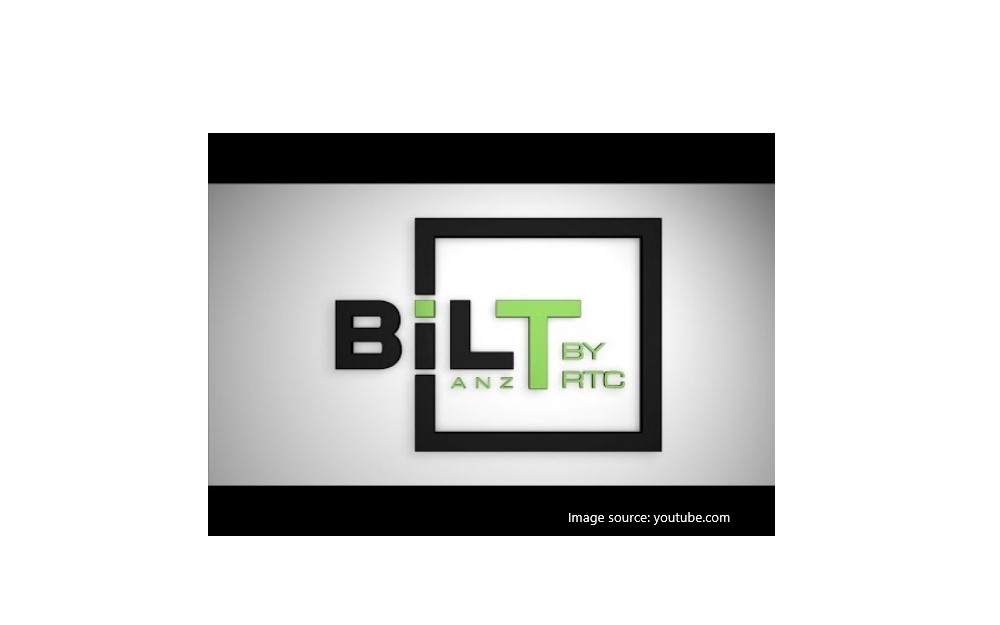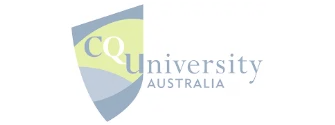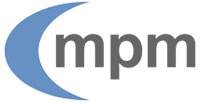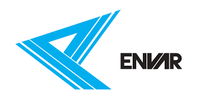
The recent BILTANZ event has once again solidified its role as a leading conference for exploring the intersection of technology and education in Australia and New Zealand. This year’s event brought together a diverse group of educators, technologists, and industry leaders, creating a dynamic environment for discussing innovations and challenges in the realm of learning technologies. Here’s a look at some key takeaways and lessons from the latest BILTANZ event.
1. Advances in Artificial Intelligence and Machine Learning
One of the standout themes at this year’s BILTANZ was the integration of artificial intelligence (AI) and machine learning in education. Experts showcased how AI can personalize learning experiences by analysing individual student data and tailoring educational content to their specific needs. For instance, adaptive learning platforms can adjust the difficulty of tasks in real time based on a student’s performance, helping to ensure that every learner progresses at their own pace. This approach enhances engagement and supports differentiated instruction, catering to diverse learning styles and needs.
2. The Rise of Immersive Technologies
The event highlighted the growing impact of immersive technologies, particularly virtual reality (VR) and augmented reality (AR), on education. Demonstrations at BILTANZ showed how VR can transport students to historical events or distant locations, providing an interactive and immersive learning experience. AR, on the other hand, can overlay digital information onto the physical world, making abstract concepts more tangible. These technologies are proving to be invaluable in subjects such as science, history, and art, where experiential learning can significantly enhance comprehension and retention.
3. Emphasis on Digital Literacy and Ethical Use
As technology continues to evolve, so does the need for robust digital literacy education. This year’s BILTANZ underscored the importance of equipping students with the skills to navigate and critically evaluate digital content. Workshops focused on teaching students not just how to use technology, but also how to understand and manage digital information responsibly. Additionally, discussions on digital ethics stressed the importance of privacy, security, and the ethical implications of technology use. Preparing students for a digital world involves more than just technical skills; it requires fostering a mindful approach to technology’s impact on society.
4. Innovative Pedagogical Approaches
The event showcased several innovative pedagogical approaches that leverage technology to enhance learning. For example, gamification was a popular topic, with presenters illustrating how incorporating game elements into education can boost motivation and engagement. This method uses rewards, challenges, and competitive elements to make learning more interactive and enjoyable. Another notable approach discussed was project-based learning, where technology is used to support collaborative, real-world problem-solving activities. These pedagogical strategies reflect a shift towards more student-centred learning environments, where technology acts as a facilitator rather than a sole focus.
5. The Importance of Equity and Access
A recurring theme throughout BILTANZ was the need to address issues of equity and access in educational technology. Panels and discussions highlighted that while technology has the potential to enhance learning, it can also exacerbate existing inequalities if not implemented thoughtfully. Efforts to bridge the digital divide were emphasized, with strategies proposed for ensuring that all students, regardless of their socioeconomic background, have access to the necessary tools and resources. This includes providing equitable access to devices and internet connectivity, as well as ensuring that digital content is accessible to students with disabilities. The event reinforced the idea that technology should serve as a means to democratize education, not widen the gap between different groups of students.
6. Networking and Collaboration Opportunities
BILTANZ is not only a platform for learning but also for networking and collaboration. The event facilitated numerous opportunities for attendees to connect with peers, share ideas, and explore potential partnerships. Networking sessions, roundtable discussions, and collaborative workshops provided a space for educators and technologists to discuss common challenges and brainstorm solutions. These interactions often lead to collaborative projects and initiatives that extend beyond the event itself, fostering a community of practice dedicated to advancing educational technology.
7. Practical Implementation Insights
One of the most valuable aspects of BILTANZ is its focus on practical implementation. The event featured numerous sessions that provided actionable insights into how to integrate new technologies and pedagogical approaches effectively. For instance, case studies from schools and institutions that have successfully adopted innovative technologies offered valuable lessons on overcoming implementation challenges and measuring impact. These real-world examples provided attendees with concrete strategies for applying new ideas in their own contexts.
The recent BILTANZ event served as a crucial forum for exploring the latest trends and innovations in educational technology. The event highlighted the transformative potential of AI, VR, and AR, while also emphasizing the importance of digital literacy, ethical technology use, and equitable access. Innovative pedagogical approaches, networking opportunities, and practical implementation strategies were key themes, providing attendees with a comprehensive understanding of how to leverage technology to enhance education. By addressing both the opportunities and challenges presented by new technologies, BILTANZ continues to play a vital role in shaping the future of learning in Australia and New Zealand.
Testimonials
Very professional and efficient organization. Delivered a great product to a tight deadline.
ACE Power
Karl and the team are very professional and have a vast knowledge of BIM coordination.
Dwayne Willaims Babinda Electrics
We had multiple large projects with tight deadlines and needed a company we could trust. The teams delivery, attention to detail and understanding of what is being designed is always executed to a high standard.
Martin O’Donovan Envar Engineers
Draftech offered a flexible and reliable approach to working collaboratively with our team. They met our expectations and quality requirements and also offered up new ideas.
Draftech have proven to be a valuable and trustworthy resource and we will continue to work with Draftech on other projects.
Simon Marsden Umow Lai
Draftech is different from others in the professionalism and features they provide.
The ability to walk through projects in real time online provides invaluable insight into problem areas and helps provide an efficient resolution on the spot without many phone calls, emails and the necessity for us to paw through countless drawings to understand the issues.
Todd Morris Manager - Air mech
Draftech were put forward to FIP Electrical as the solution to Coordinate, Model, carry out clash detection, provide Electrical Services Shop Drawings, as built documentation and completed electrical model.
Simon Thorpe FIP Electrical
In close collaboration Draftech set up all our systems and model deliverables. In this process Draftech have proven to be a valuable resource for us and demonstrated commitment, understanding and professionalism.
David Skelley DJCoalition
Draftech’s attention to detail and proactive nature throughout the project assisted us in identifying issues before becoming evident on site, saving us both time and unexpected costs.
Matt Payne PJM Engineering Services
They delivered very high quality Revit models and associated 2D documentation at key milestones, working to a tight budget and in strict accordance with the Architects’ BIM requirements.
Peter Thomas Geoff Hesford
We found Draftech’s work to be of high standard and the team delivered exactly as agreed, in fact, when we considered the project complete, Draftech put further resources into the project as they were not satisfied.
John Johnson Beca
Engaging Draftech during design gave us the tools to make smart decisions.
Hansen Yuncken Design Manager - Michael Harkins
The drafting service is timely, reliable and fit for purpose for the built environment.
Peter Harvey Harvey Industries
Draftech stands apart from other drafting services that we have previously used in their attention to detail and ability to adapt to the individual client’s requirements.
Doug Holt McCaig Aircon
I can confidently recommend Draftech as a solid and reliable supplier, and experts in their field. I look forward to working with them again in the near future.
Chris Behan Norman Disney & Young
After seeing the benefits Draftech provided us on the Townsville Hospital Redevelopment we have set up a relationship with Draftech and intend to continue to use their BIM knowledge and skills for our future projects.
Brad Lund Energy Power Systems
Draftech has no competition as they are in a class of their own.
John Boyes Babinda Electrics
Draftech Developments Drafting and Design Capabilities, in conjunction with their outstanding level of Client service and support has provided great solutions to our engineering and Drafting Design portions within our Gorgon Barrow Island Project.
Aaron Hazelton Applied Electro Systems Pty Ltd
Draftech set up necessary systems and workflows very quickly, but also setup auditable estimating and weekly cost tracking processes that we utilised, requiring little maintenance.
TOM PURDON MPM GROUP




























